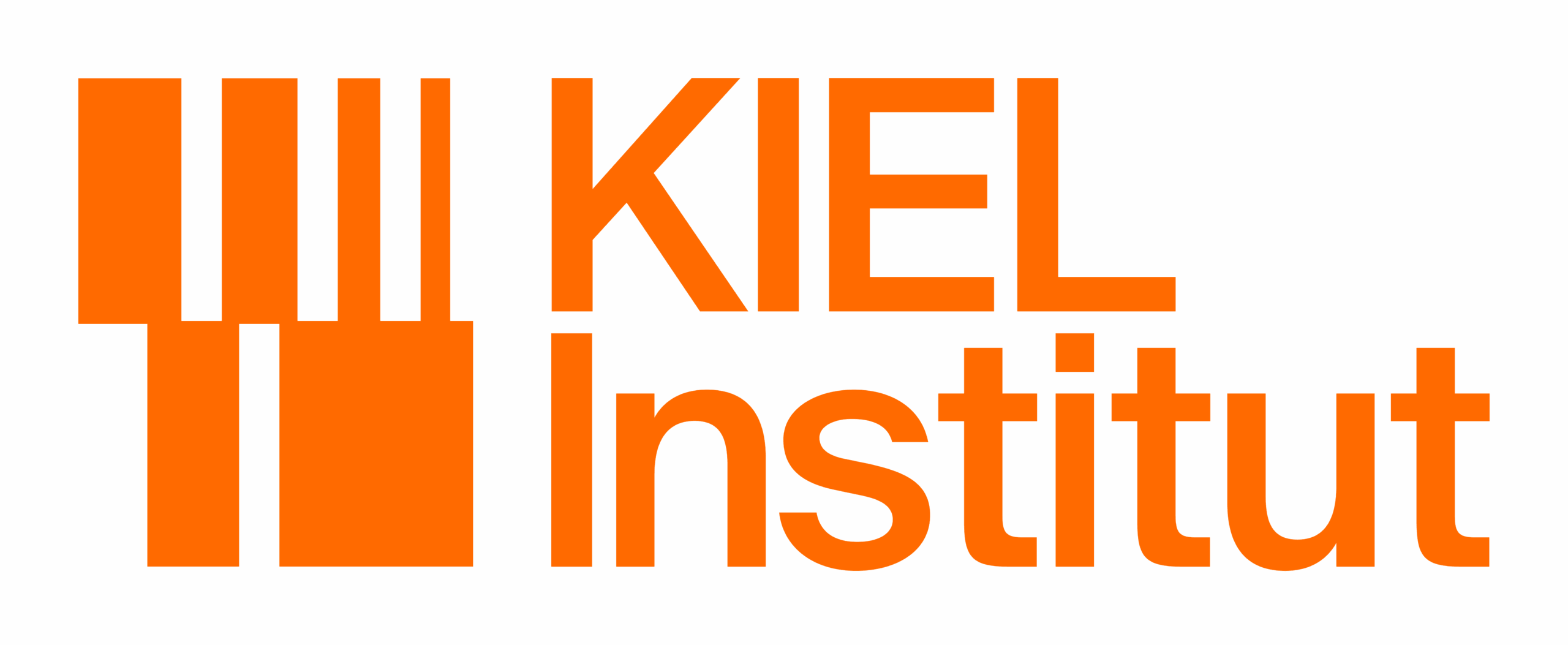(Mis)conceptions about Modelling Negative Emission Technologies
Authors: Wilfried Rickels, Christine Merk, Fabian Reith, David P. Keller, Andreas Oschlies (Environmental Research Letters, 2019, 14(10), Article: 104004)
Intentionally removing carbon from the atmosphere with negative emission technologies (NETs) will be important to achieve net-zero emissions by mid-century and to limit global warming to 2 °C or even 1.5 °C (IPCC 2018). Model scenarios that consider NETs as part of mitigation pathways are still largely restricted to afforestation and bioenergy with carbon capture and storage (BECCS), while the ‘[f]easibility and sustainability of [NETs] use could be enhanced by a portfolio of options deployed at substantial, but lesser scales, rather than a single option at very large scale’ (IPCC 2018, p 19). Here, we show the results from an anonymous expert survey, including 32 Earth-System-Model (ESM) experts and 18 Integrated-Assessment-Model (IAM) experts, about the role of NETs in future climate policies and about how well the various technologies are represented in current models. We find that they strongly support the view that technology portfolios are required to achieve negative emissions, however, the responses show that the number and range of NETs that can be assessed in IAMs is small and that IAMs and ESMs are rather applied to analyze technologies separately than in combination. IAM experts in particular consider BECCS as part of a future NETs portfolio; but at the same time, all experts judge the constraints BECCS would face regarding future overall feasibility and more particularly regarding resource competition to be the highest. Regarding the assessment of constraints the ESM experts are much more skeptical than the IAM experts; they also think that the BECCS carbon removal pathways are less sufficiently represented in ESMs compared to what the IAM experts thinks about the representation in their models. Despite the perceived need for NETs portfolios, the range of NETs which can be assessed in IAMs is rather small and ocean NETs have, so far, mostly been overlooked by the IAM experts.
Keywords: negative emission technologies, Expert Survey, Integrated Assessment Modelling, Earth System Modeling
DOI: https:/doi.org/10.1088/1748-9326/ab3ab4



 KCG Projects
KCG Projects


